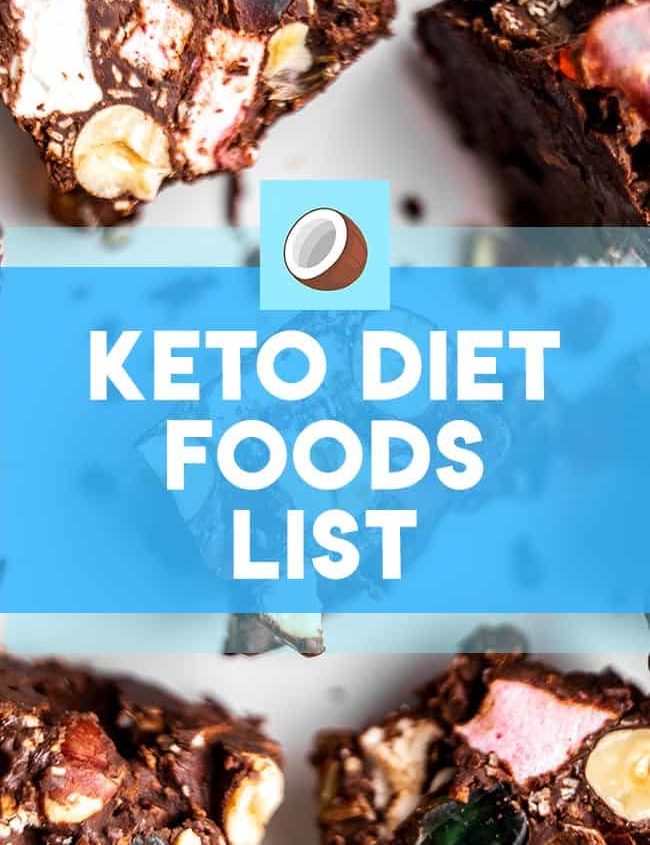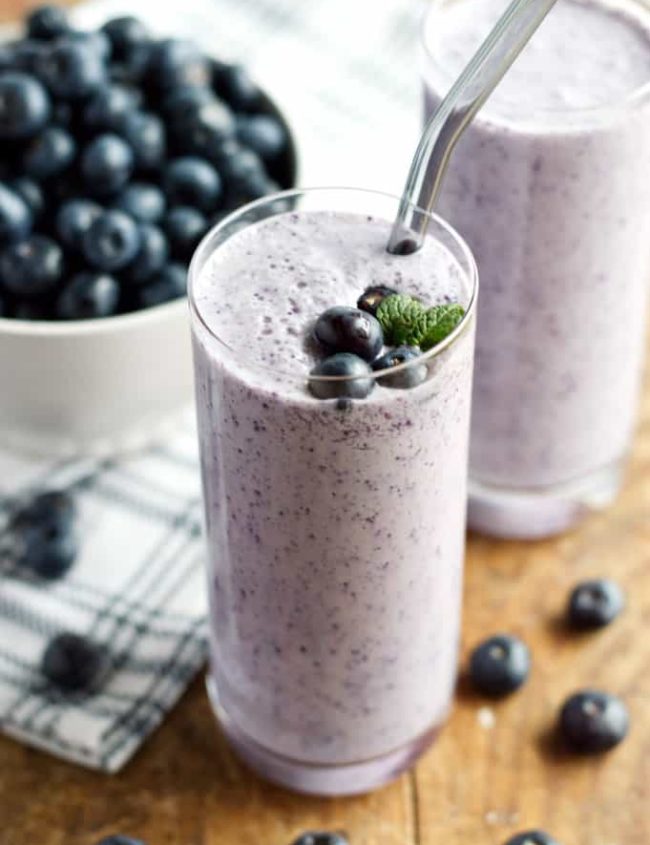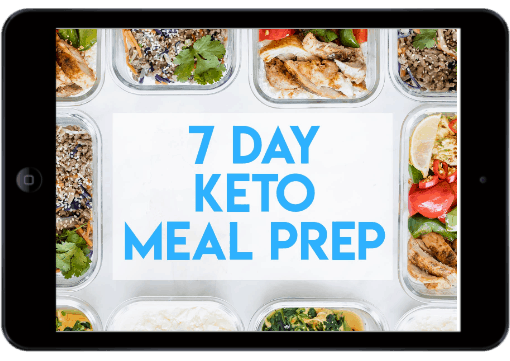What Is Ketosis ?
Ketogenic diets are often labelled as extreme. Nothing could be further from the truth. Your body prefers burning fat for energy and it is the preferred source in your brain and muscles, and it has some remarkably positive results for a wide variety of most common chronic illnesses today.
Unfortunately, the general public have not been exposed to the truth about nutritional
ketosis, and therefore don’t believe that it’s a healthy state to be in.
Just as cholesterol is not the culprit in heart disease, ketones have also been labelled as some kind of strange substance that you should avoid at all costs. This is simply not the case.
A ketogenic diet is simply limiting the amount of carbohydrates you eat.
A ketogenic diet is just a low carb diet coupled with higher fat intake. The amount of carbs depends for each person, but it usually below 50 grams of net carbs per day. If you eat 10 grams of carbs, but that contains 5 grams of fibre, you will have consumer 5 grams of net carbs.
This limited amount of carbohydrate intake will switch your body over to burning ketones as your primary source of fuel. Alternatively, you can look at your body switching from being a sugar burning steam train with all the black dirty soot covering the engine, to a clean burning Tesla that runs on fat and ultimately does less damage to your body.
Ketogenic diets are low in carbohydrates. This means you should avoid the following foods:
- Bread
- Pasta
- Sugar
- Milk*
- Corn*
- Beans*
- Rice*
- Fruit*
*Unless you are refuelling from exercise – Still limit these
What most people don’t understand is that this is a normal metabolic state. When babies are born, they will go into a state of nutritional ketosis, relying on their mother’s breast milk which provides 25% energy from ketones. If you have ever skipped breakfast, you would most certainly have been in a state of Ketosis.
Why go Keto?
So why would we want to reduce the amount of sugar we consume and switch our bodies over to burn fat instead? Ben Greenfield, an elite triathlete explains the 3 main reasons why we would want to pursue this:
- Metabolically, Fat is a superior fuel for the body
- Consuming fats enhances your brain function and gives mental stability
- Greater health and longevity that come from controlling your blood sugar levels naturally.
As we discussed earlier, Ketones (produced by burning fat) are actually the preferred fuel source for vital organs such as the muscles, heart, liver and brain.
Let’s look at some of the other benefits to nutritional ketosis:
- Natural hunger control
- Lower inflammation levels
- Normalise metabolic function
- Lowered blood pressure
- Mental clarity
- Effortless weight loss
- Reduction in triglycerides
- Lowered levels of LDL particles (bad cholesterol)
- Increased levels of HDL particles (good cholesterol)
- Increased sex drive
- Better fertility
- Eliminated heartburn
- Improved immune system
- Slowing the aging process
- Reduces acne breakouts
- Faster recovery from exercise
- Decreased anxiety and mood swings
- ……we could go on and on and on.
Not only does nutritional ketosis benefit the body, weight issues also response extremely well to the approach as well. A study by Harvard School of Public Health analysed 53 studies, involving 67,000 dieters, which found those who cut back on carbs were two and a half pounds lighter after a year than those who embraced a “low fat” approach.
For decades, there has been debate over the merits of a low fat diet, which was endorsed as the best route to weight loss in the 1970s. Now, major research, published in the Lancet Diabetes & Endocrinology, backs a low carbohydrate approach as a more effective diet.
One thing keeping many from ever implementing a ketogenic diet is the mistaken belief it will require a special skill set in the kitchen, or that it will be more labour intensive than the cooking they’re used to already.
Granted, if you’ve never cooked a fresh vegetable, you’ll have to learn something new, but other than that, a ketogenic diet is actually quite easy to follow once you’ve grasped the basics.
Another common pitfall is lack of monitoring. If you’re healthy, this may not be of great importance, but if you’re trying to address a chronic health condition, please realise that this is not just another diet, it’s a powerful metabolic therapy.
So get the appropriate blood tests and monitor your condition. Don’t think you can just slather extra butter on everything and all will be well. You do need the appropriate support and monitoring.
Further Reading:














86Glen says
I see you don’t monetize your site, don’t
waste your traffic, you can earn extra bucks every month because you’ve got
hi quality content. If you want to know how to make extra bucks, search for:
best adsense alternative Wrastain’s tools